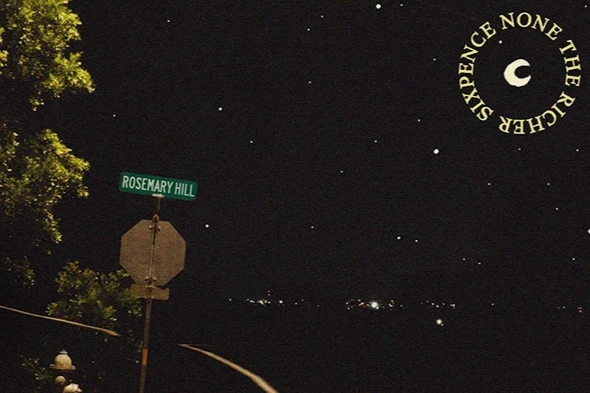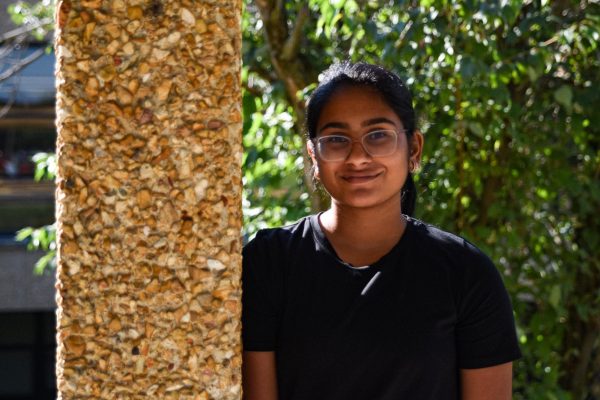Welcome back to the international playlist series, featuring the FINAL six bilingual students, and languages ranging from Greek to Haitian Creole to Sanskrit. This series has featured a total of 18 students and opened the curtains to a glimpse at the countless cultures that surround West High.
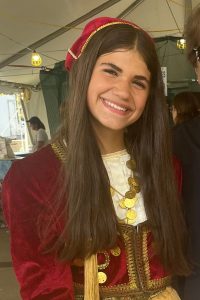
GREEK
“Metro Antistrofa (5,4,3,2,1)” by Konstantinos Koufos
“[‘Metro Antistrofa (5,4,3,2,1)’] is one of my favorite songs because it’s a really upbeat song that gets everybody [dancing] at dance nights. We mostly [dance] the Kalamatianos, the most traditional Greek dance, to [this song]. [I would recommend ‘Metro Antistrofa (5,4,3,2,1)’ to] any teens [because] at Church Camp, all the teens have this song memorized [and] love it. [Once] everyone’s done dancing, [we] all come back to dance to this one song. This [song] is very uplifting and gets [the] community together. I’ve seen people really enjoy it, so if you value culture, then I would 100 percent recommend [‘Metro Antistrofa (5,4,3,2,1)’],” sophomore Katherine Tovrea said.
“Ballay Ballay” by Harshdeep Kaur and Shiraz Uppal
“I don’t have a particular song I listen to, but a song that my mom likes to play is ‘Ballay Ballay.’ [‘Ballay Ballay’] is a song about putting henna [on]. It’s very wedding-associated [and] it’s played at every single wedding. I’ve always heard that song growing up [and] my mom [also] sings it from time to time. ‘Ballay Ballay’ is a song that I associate with fancy clothes, delicious food and a happy bride. If it’s your first time at a desi wedding, know this song so you can sing along,” sophomore Zoya Hasan said.
TELUGU
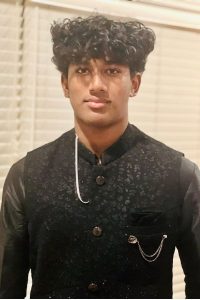
“Undiporaadhey” by Sid Sriram
“I like the fact that it sounds catchy, but is also romantic. [I heard ‘Undiporaadhey’] in [a] movie, I don’t remember when. Teenagers who like romance and songs with a deeper meaning [would like the song]. I feel it’s the better version of Taylor Swift. The main version that I like and listen to [is in Telugu because] the words may not mean the same or be as catchy [in another language],” sophomore Aryan Allu said.

HAITIAN CREOLE
“Lanmou Nou Pran Dife” by Gina Dupervil
“I recommend ‘Lanmou Nou Pran Dife’ because it’s a traditional song [that is] very meaningful. It’s about the connection that people have with each other. My grandma listens to it a lot, [and when] I called my grandma and asked her for some songs, she gave me this one. It was very special to her, [and once] I listened to it, I saw why. When I went down two summers ago, before my grandpa died, he played it. [After] my grandpa died, she was listening [to ‘Lanmou Nou Pran Dife’] a lot. This song has a deep impact on everyone in Haiti because [it] reminds them of happiness and joy. [I would recommend ‘Lanmou Nou Pran Dife’ to] anyone who has puppy love right now, to inspire you to keep loving that person through all their flaws,” sophomore Jariyah McCalister said.
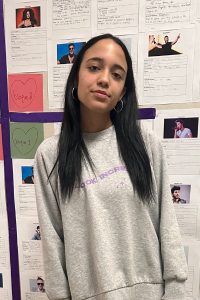
SPANISH
“Tacones Rojos” by Sebastián Yatra
“[‘Tacones Rojos’] is one of those songs that can get me to dance no matter what mood I am in. Even my friends who speak English have gotten into the song and they don’t even know the lyrics. [Sebastián Yatra] is also my favorite Spanish singer of all time, [which is] why it’s my favorite song. I am from Cuba [but] I barely listen to music from Cuba specifically, because I like hip hop more, and Cuba doesn’t really do a lot of thatmusic. In Cuba, there’s a lot of Salsa and Merengue. Colombia and Argentina [have] more R&B Hip Hop. I listen to [Spanish] music from a bunch of different countries, and I love it because I feel like I can always find music for whatever I’m feeling [and] it’s never repetitive. If you’re in a mood to dance [or] want to party, it’s a good song to listen to,” junior Sabrina Urdaneta said.
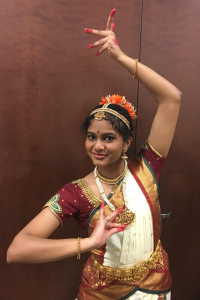
SANSKRIT
“Maha Ganapathim” by Shankar Mahadevan
“One of my favorite Sanskrit songs is called ‘Maha Ganapathim.’ It’s by [a] singer named Shankar Mahadevan [and] is really popular because [it’s] catchy [and] devotional. [Maha Ganapathim] is about [Lord Ganesha]. [The song is] describing who he is, his [physical] characteristics [and] how he destroys obstacles in his path. This song is written in Sanskrit, which is one of the [oldest] languages in India. I got familiar with [Sanskrit] because I do Indian classical dancing called Bharatanatyam. I would recommend [Maha Ganapathim] to people who want to better understand Indian music, but also [to] people who want to explore a new culture and have something different in their lives,” freshman Devika Eluru said.

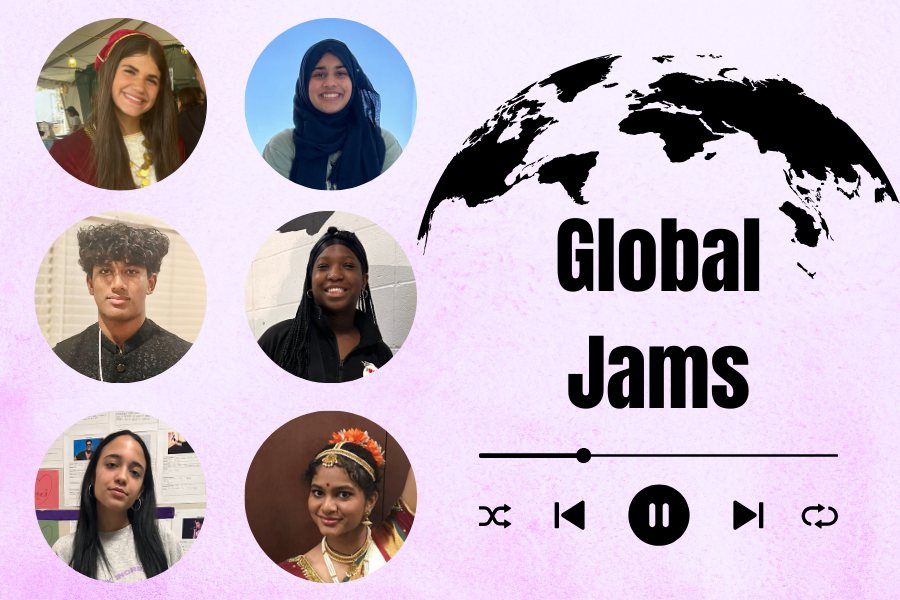

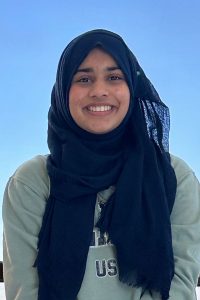
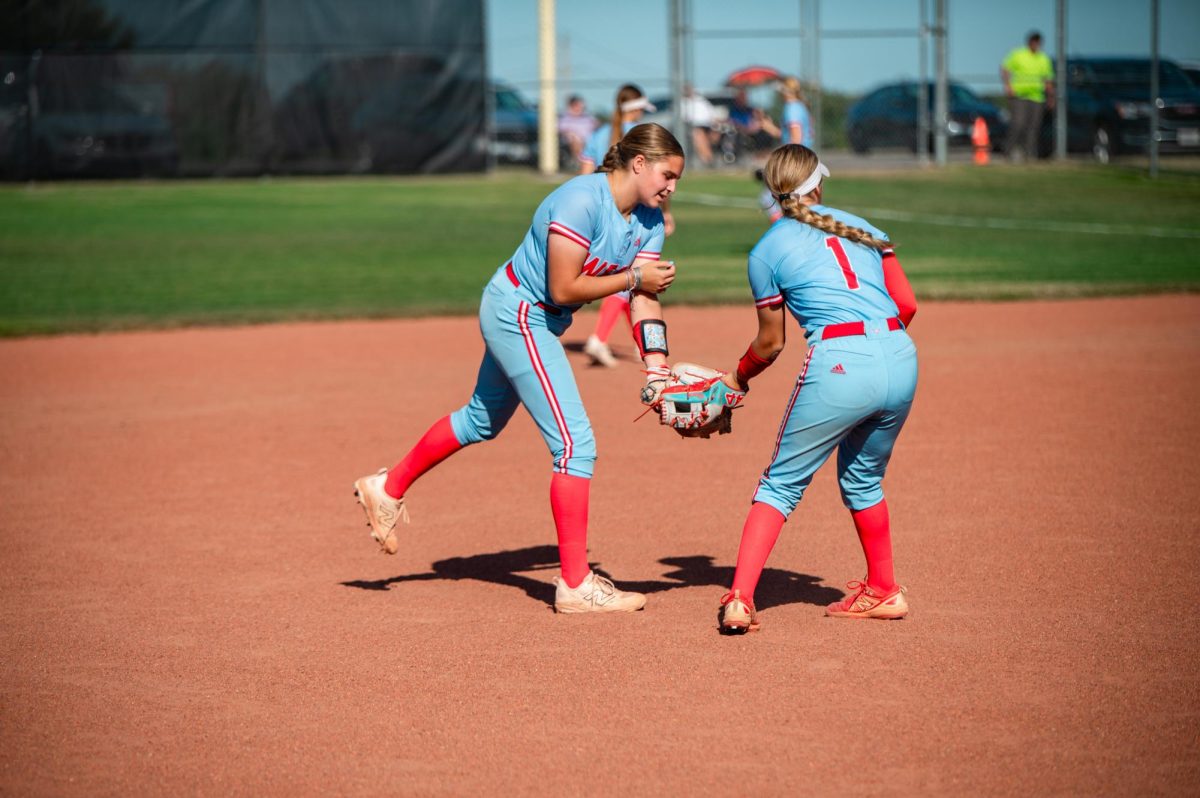

![There are more than 20 open cardio machines at Crunch Fitness. I enjoyed the spacious environment at Crunch, a sentiment that was shared by sophomore Sanjana Daggubati. “[Going to] Crunch Fitness was the right decision because [it] feels more professional. Crunch’s workers are laid back, but not to the point where they don't care,” Daggubati said.](https://pwestpathfinder.com/wp-content/uploads/2025/09/IMG_5242-1-1200x900.jpg)

![Various empty Kit Kat wrappers crowd the desk, surrounded by scoring sheets. While production of Kit Kat flavors in the U.S. is limited, Nestlé, the owner of Kit Kat, manufactures hundreds of unique flavors in Japan, including the flavors ocean salt and passion fruit. “I thought there [were] some interesting flavors, and a lot of them were really unexpected,” senior Elle Levesque said.](https://pwestpathfinder.com/wp-content/uploads/2025/09/image-2.png)


![Pantone’s selection of the 2025 Color of the Year is revealed: Mocha Mousse. Ceramics teacher Ashley Drissell enjoys this year’s selection. “Maybe it’s the name but [Mocha Mousse] reminds me of chocolate and coffee. It makes me hungry. It’s very rich and decadent,” Drissell said.](https://pwestpathfinder.com/wp-content/uploads/2025/02/DSC_0015-1200x800.jpg)

